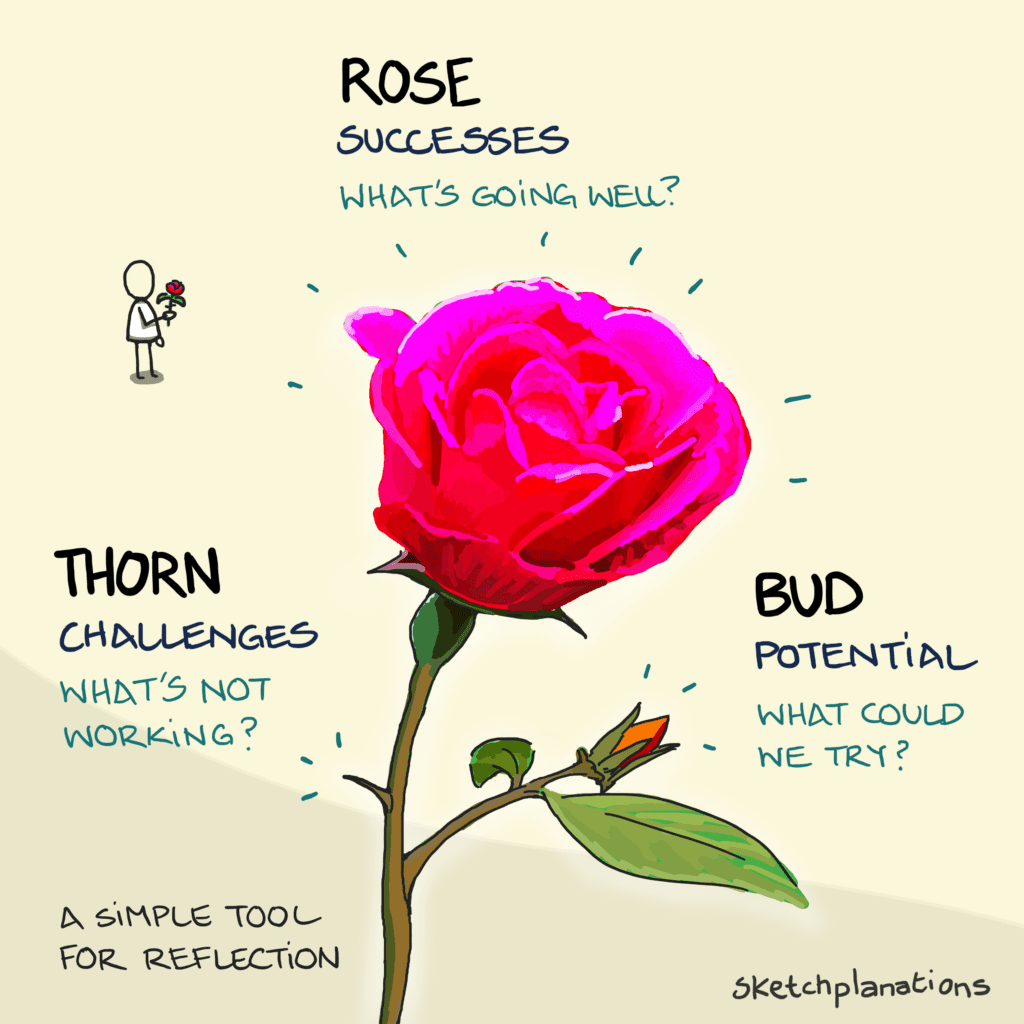As of Jan-18-2024 Alexey Guzey has assembled 130 Life Hacks; I have selected 12 I found the most valuable and added a few comments, preserving Guzey’s original numbering.
Twelve Life Hacks from Alexey Guzey
Alex Guzey (has assembled 130 Life Hacks; here are twelve I found most valuable.
6. Your expectation of progress towards a goal is key to motivation. Keep your the goal clearly in mind and your next step toward it.
I like his phrase “expectation of progress” and read it as a mix of confidence and holding yourself accountable for results. I think”goal” should be “goals” and decomposed into a hierarchy of experiments, proven strategies and tactics, and desired outcomes.
9. The more you know, the more easily you can see the next steps.
The more you know, the better you can navigate: plot a course relying on reliable maps and known routes with risks identified and avoided. The less you know, the more you need to explore, to take only a few cautious steps at a time while ready to backtrack, and to run experiments to determine a viable course of action.
18 Strong intuition doesn’t mean intuition is right.
Many entrepreneurs find themselves in the grip of a vision that turns out to be an hallucination. You have to gather evidence as you go and look for facts that indicate you may be mistaken. You can believe you have identified two to three features or critical aspects of your startup’s business model that will be strategic differentiators. In my experience, founders are right about a major feature or startup strategy at best 70% of the time. They are lucky to get one in three right on tactical moves and minor decisions.
25. If you have done the same sequence of actions 3 times, make a checklist.
Consider writing a script to automate the online or computing aspects of the sequence. Dr. Atul Gawande has done an excellent job of documenting the benefits of checklists in his book “The Checklist Manifesto.” Even if you are debugging a problem or exploring, a checklist frees up working memory to allow you to make small variations in a process using a “trial and error” approach without keeping the entire sequence in short-term memory. A checklist enables more effective delegation: if you have executed the same sequence three times, you will likely need to repeat it more times.
40. What’s the default decision?
Setting a default upfront helps when time is short so you can make a “good enough” decision if things change and you must select a course of action. It also allows you to ask what new information would change it
51. Get to the point.
It’s OK if events have blindsided you and you need help from a friend to help sort your thoughts to meander. If you are in a brainstorming session, it’s OK for everyone to throw out ideas as long as they relate to the topic in the speaker’s mind. However, preparation and brevity are rewarded for a scheduled conversation or a presentation. A briefing, pitch, or demo is not a joke; put the bottom line up front.
97. Meditate.
I agree with Jorn Barger’s observation that, “meditation is about detecting self-deception.” I think that meditation allows you to see things as they are, in particular many ordinary things you have taken for granted as fixed that are actually eligible for significant improvement.
98. If someone you respect gives you dumb advice, think about it instead of discarding it immediately.
I would rephrase this “what seems like dumb advice.” But it’s not just when people you respect seem out of kilter. If someone is sincerely trying to help you, you don’t have to act on it immediately but it’s worth considering.
101 Have a concrete positive vision of the future.
I have been trying to practice this in difficult times. I also keep a firm grasp on contingencies but have found that focusing on a destination I would like to reach makes it more likely.
102 Seek people who see the future.
I would phrase “see the future” as “open to possibilities and alert to risks and the need for contingencies.” It’s also helpful to talk to people who have knowledge of the past or who are adept at making sense of the confusion of current events.
103 Seek people who don’t get angry at you for saying what you think, being yourself, and doing what you believe is right.
We must be tolerant of others we believe are mistaken–they may be right. It helps to seek out friends and advisors who help us walk around a situation and listen to our confusion to help us gain clarity. Sometimes, a one-on-one conversation is most helpful, but I think there is also value in comparing notes and sharing perspectives in small groups of three to six.
129. Reflect on your day at the end of it and write down what you learned.
When you are in a new situation or facing new challenges, it’s always a good idea to record your observations and first impressions. Your “newcomer’s eyes” may see many things others no longer notice. Forcing yourself to extract lessons at the end of the day, a week, a month, and a project helps you learn faster.
Related Blog posts
- Seven Insights from “Solving for Pattern” by Wendell Berry
- Rob Fitzpatrick: Five Mistakes Bootstrappers Should Avoid
- Brian Norgard Offers Pithy Insights From the Trenches of Entrepreneurship
- 16 Quotes on Customer Development From Asif Mandozai
- Hugh Jackman on the Benefits of Meditation
- Use the Cult of Done Manifesto to Avoid Procrastination and Perfectionism
- The Lucky and the Wise
- Ten Quotes To Help You Bring Order Out of Chaos
- Austin Kleon on Making Lists: To-Do, Ideas, and Do’s & Don’ts
- Record to Remember, Pause to Reflect
Image Credit: “Rose Thorn Bud” by Jono Hey, used with attribution.

